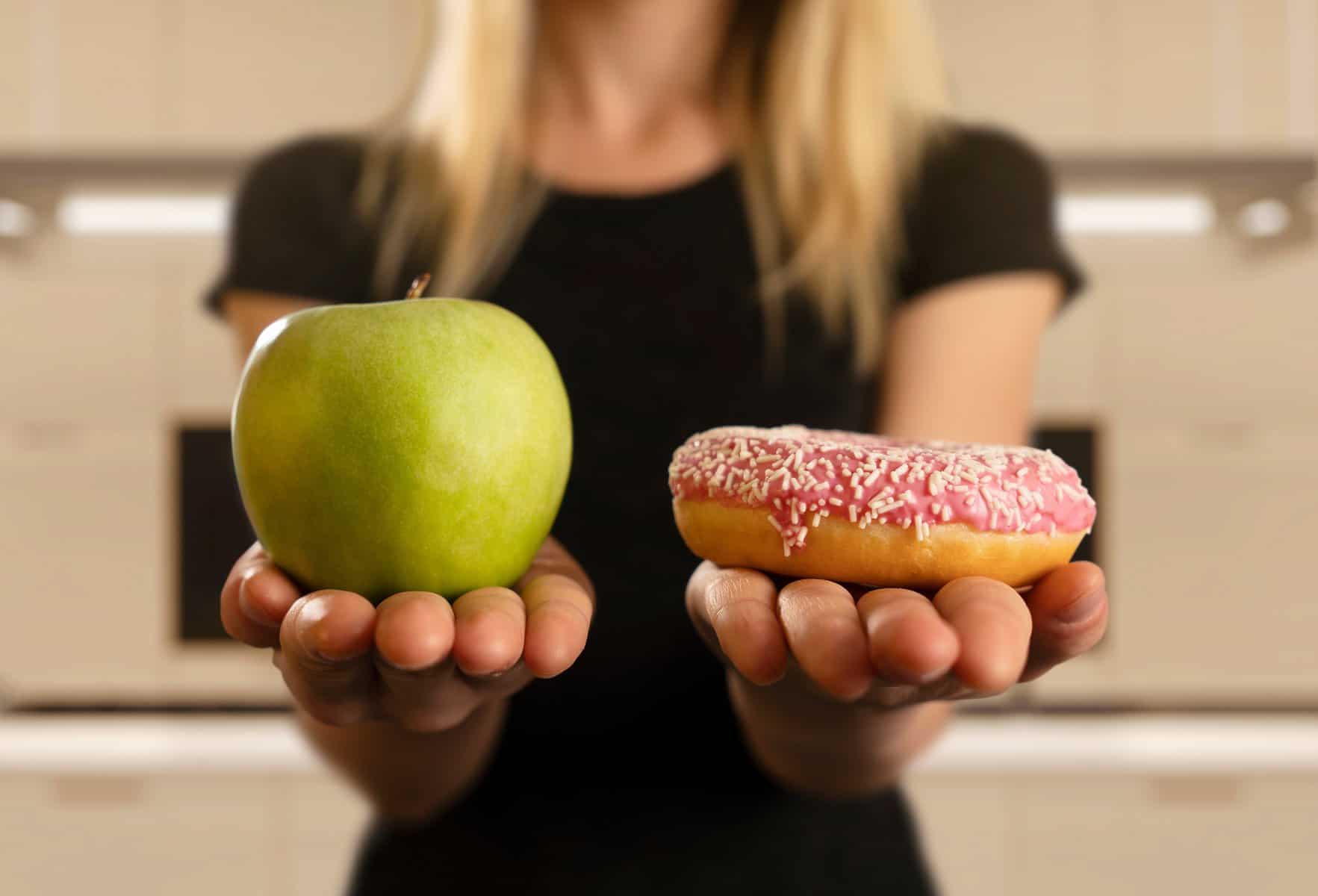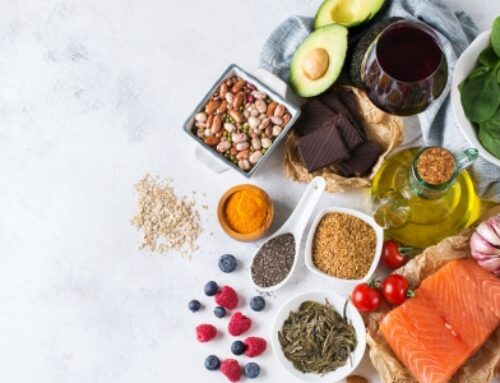
We’ve always known that eating too much sugar or more specifically copious amounts of lollies, cakes and chocolate wasn’t good for us. However, messages in the media these days hint at the apparent dangers of hidden sugars, the ones lurking in so-called “healthy foods” or foods that may not even taste sweet.
With all this talk of quitting sugar at all costs, many individuals are quite confused about what they should and shouldn’t be eating regularly. This is because, upon closer inspection, nearly all foods, except chicken, meat and fish, contain sugar, either because it naturally occurs in that food or because it’s been added.
If you’ve read about the perils of sugar and the “toxic” effects of its consumption and then found that your favourite fruits, yoghurt, breakfast cereals and even vegetables contain this so-called poisonous substance, it’s no wonder you’re anxious and confused about the right way forward to establishing healthy eating habits.
So, in the interest of relieving food anxiety and helping you feel confident in your food choices, here is a list of foods, that naturally contain sugar that you can happily eat every single day for the rest of your life!
Vegetables
Yes, vegetables naturally contain sugar. Should you be worried? Absolutely not! These foods are the cornerstone of a healthy diet. You simply cannot eat well without them. You should aim to include 5 serves of these nutrition power houses every single day. Do this and you’ll reduce your risk of death from heart disease or cancer by up to 20%.
What is 1 serve of vegetables?
½ cup cooked vegetables (steamed, stir-fried, sautéed, boiled, etc)
or
1 cup raw vegetables (salad, etc)
The best way to meet the recommended serves each day is to aim to include ½ a dinner plate worth of vegetables with as many meals as possible.
Fruit
I’ve come across many website or blogs that demonise fruit or certain types of fruits. Labelling them as good or bad, because of the sugar that they contain. And for arguments sake, 1 large apple does contain the same amount of sugar as a small glass of soft drink. The point to remember is, the apple is nutrient dense. It contains fibre, vitamins, minerals and anti-oxidants. The soft drink has none of that. It’s just sugar with no nutrition.
It’s recommended that we consume 2 serves of fruit per day.
What is 1 serve of fruit?
1 piece of large fruit (apple, banana, orange, pear, etc)
or
2 pieces of smaller fruit (plum, kiwi, mandarin, etc)
or
½ cup berries, grapes or melon
When it comes to fruit, it’s worth paying attention to how much you eat. 5-6 serves per day is most likely going to be too much. It’s important however, that you consider your individual circumstances. For example, if you’re extremely active and exercise for 2-3 hours per day or have a highly active occupation, 5-6 serves of fruit per day is probably fine, especially if the rest of your diet is balanced and healthy. If you spend most of your day sitting on your butt (like me), then it’s probably best to stick to the two serves.
Legumes
These include foods such as beans, lentils and chick peas and all of them are absolute nutritional superstars! They all naturally contain some sugar. Should you avoid them? No way! They’re rich in fibre, vitamins and minerals and are a filling way to add good quality carbohydrate to your meals as well as offering a source of protein as well.
Dairy
There is so much confusion around dairy, its products and whether or not you should be eating them. Milk naturally contains sugar. That’s lactose and it’s completely fine to consume as part of a dairy serve and poses no risk to your health.
Overall, if you don’t have an allergy (to the protein) or an intolerance (to the lactose), then it’s totally fine to include dairy products as part of a balanced diet. You don’t want to build your whole diet out of dairy, in fact, you only need a maximum of 2-3 serves per day. If you’d prefer not to consume it, that’s fine too. However, you may need some help ensuring that your diet meets your bodies calcium needs. An accredited practicing dietitian can help you achieve that.
What about other dairy products?
Cheese contains a little sugar, nothing at all to worry about. The most common concern with dairy, is yoghurt, in particular the ones that contain added sugar. This means that the product contains the sugar that naturally occurs in milk plus the sugar that was added during processing. You’ll know if it contains sugar by reading the ingredients list.
The best advice is to buy a plain natural yoghurt and add the sweetness yourself with fruit or honey. That way you can control the amount of added sugar in your serve. If you prefer to eat sweetened yoghurt, compare the nutrition information panels of your favourite brands and buy the one that has the lowest amount of total sugar per 100g.
Follow the advice above instead of cutting yoghurt out. It’s a great source of calcium, protein and if it contains live bacteria it’s a great probiotic as well!
Other dairy products like custard, ice cream and flavoured milks, all contain high amounts of added sugar and are best eaten sparingly, not every day.
Remember!
If a food has changed little between the farmer and you and is essentially ‘intact’, you don’t need to be concerned about any sugar that it naturally contains. Whole foods, being rich in fibre and nutrients help your body to regulate its appetite and eat an appropriate portion size.
Think about 4 bean mix and compare that to vanilla cake. Which one is easier to overeat? I would put money on the fact that after about 1 cup of beans you’d have had enough! And the cake? I’ll let you decide about that one!
I’d like to leave you with a final thought:
It’s important to moderate the sugar in your diet, but remember, when we focus purely on individual nutrients, like sugar, it’s easy to forget that we don’t eat individual nutrients we eat foods, which are a combination of nutrients. Good health is not just about reducing your sugar intake. It’s also about meeting your vegetable intake, getting adequate fibre and other nutrients and overall, eating a wide variety of different foods each and every day!
We created a unique online program that’s all about helping you build long term healthy eating habits! Check it out!



